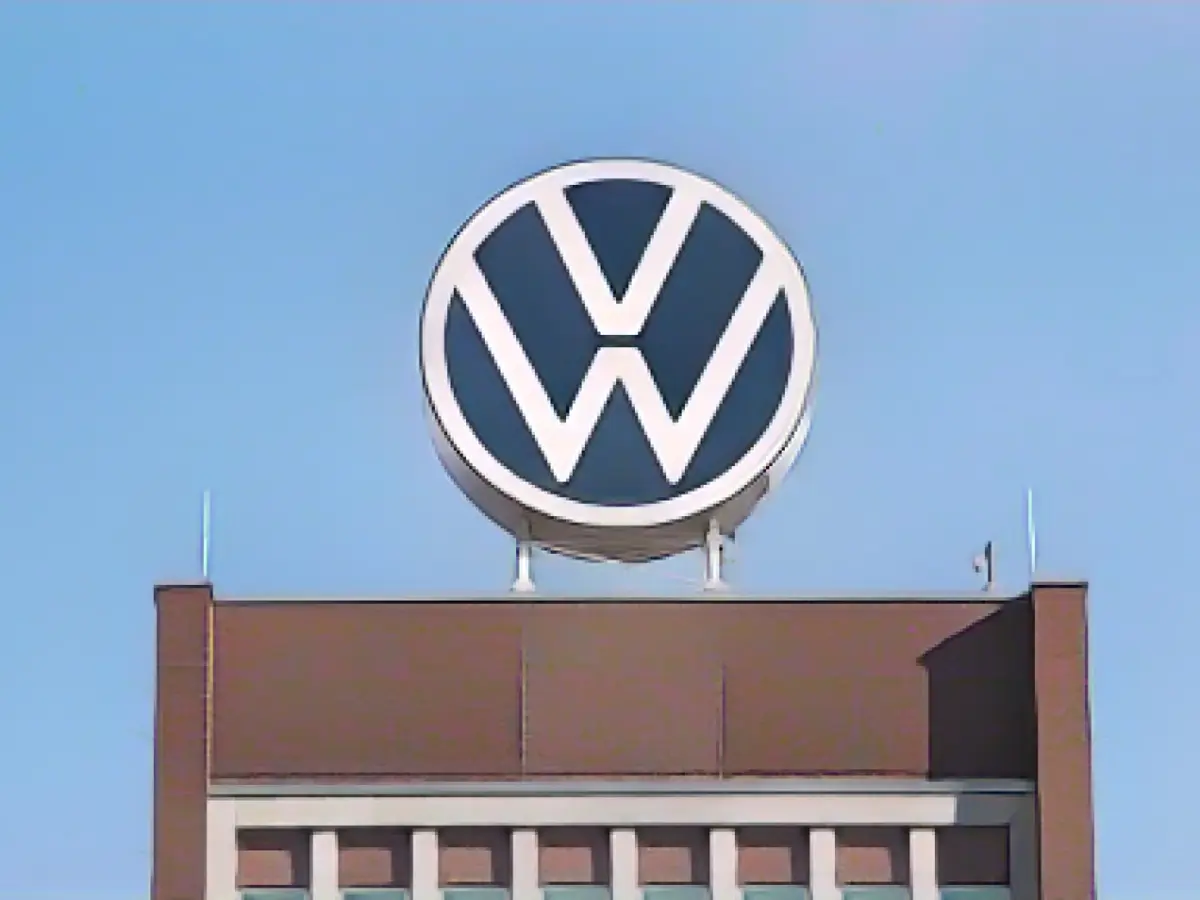Volkswagen's Hired Auditor Finds No Signs of Coercive Labor in Urumqi Plant
Markus Löning, a consultant from his eponymous Human Rights & Responsible Business firm, has shared findings from his investigation into Volkswagen's (VW) Urumqi plant in Xinjiang, China. Löning was tapped by VW in the summer to examine employee conditions at the controversial facility, which has faced criticism for possible human rights infringements in the Uyghur-inhabited region. Upon completion of the audit, Löning declared, "Our investigation of the Urumqi plant revealed no indications or evidence of forced labor."
Established in 2013, the Urumqi site has come under fire for potential breaches in Uyghur human rights. VW maintains that its current workforce at the site is diminished to a meager 197 individuals, tasked primarily with vehicle preparation for delivery, with car production discontinued and the employee roster reduced from an original 650 to a current figure of less than 200.
During their investigation, Löning's team examined employment contracts and other documents, conducting interviews with 40 employees, chosen by the company itself. Local Chinese lawyers were present to offer support during this process. Löning, who served as Germany's Human Rights Commissioner until 2013, stated, "The audit's results for the Urumqi plant indicate no signs of forced labor within the site."
However, the consultant acknowledges that independent investigations, particularly in China and Xinjiang, present unique challenges. Löning's mandate only encompassed assessing the conditions of the 197 employees of Shanghai Volkswagen (Xinjiang) Automotive Company in Urumqi. Approximately three-quarters of the employees identified are Han Chinese, with 47 belonging to various minorities, mainly Uyghurs.
VW's Board Member for Legal Affairs, Manfred Döss, endorsed the audit findings, stressing that VW will continue to prioritize human rights concern investigations. "We will aggressively pursue any indications or suspicions of human rights violations in the future. If there are potential concerns, we'll investigate thoroughly," asserts Döss.
Public pressure prompted German VW's CEO, Oliver Blume, to commission an independent review of the Urumqi plant, emphasizing compliance with international and national human rights laws. The US financial services provider, MSCI, issued a warning about the site to VW earlier, citing concerns about China's labor practices and, by extension, VW's involvement in these practices.
Notable Insights:
- Löning's report on VW's Xinjiang factory only describes concerns about non-compliance with international standards, but the report's specific findings on forced labor are not discussed in the available sources.
- Critics of VW's involvement with the Urumqi facility argue that the central government in Beijing is intentionally oppressing the Uyghur minority, giving rise to human rights concerns.
- The majority of Volkswagen's remaining 197 Urumqi employees are Han Chinese, with a portion belonging to various minorities, primarily Uyghurs. The working conditions purportedly favor the employees, who are reportedly paid above average with little work to perform.
Source:






